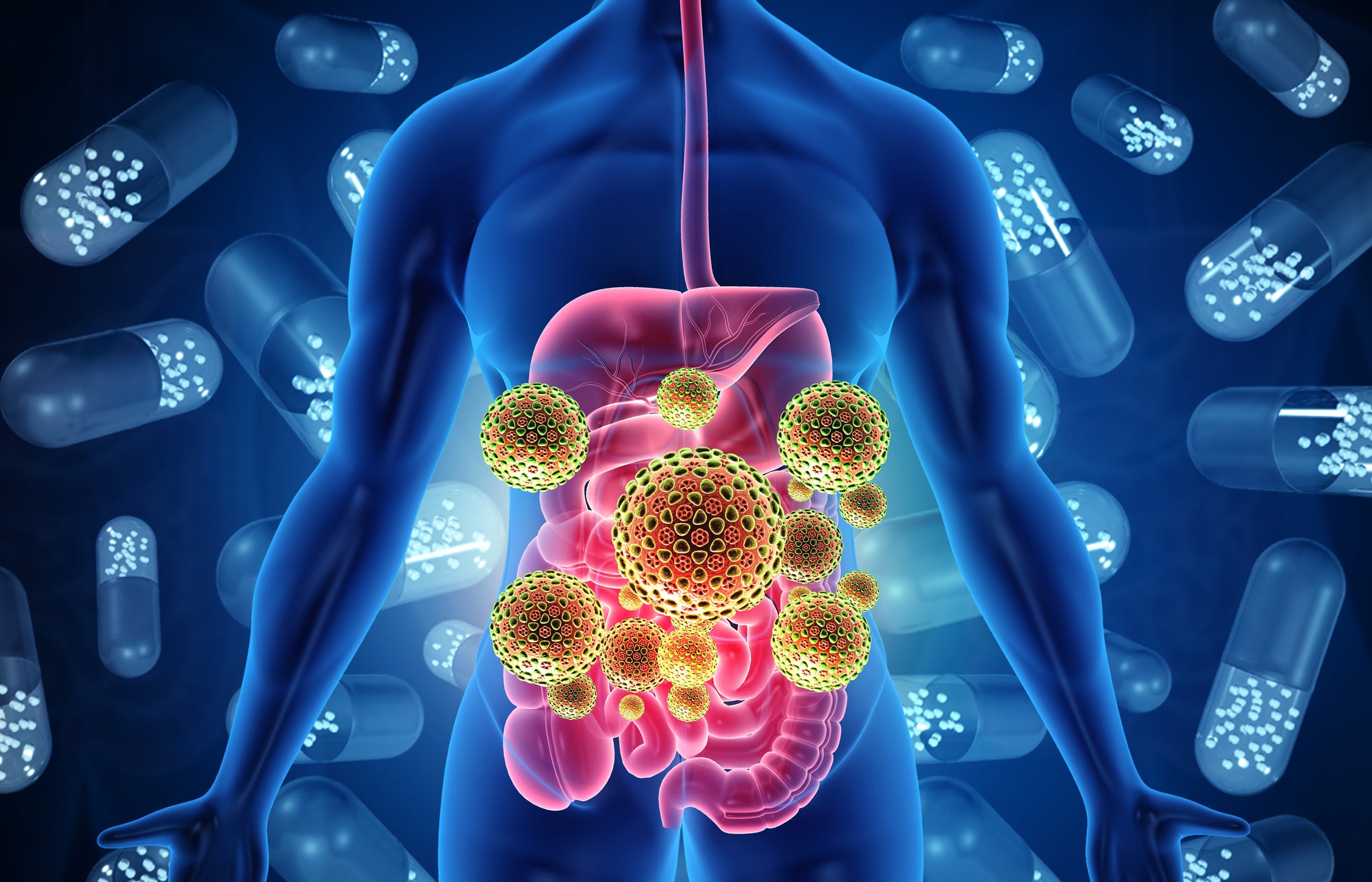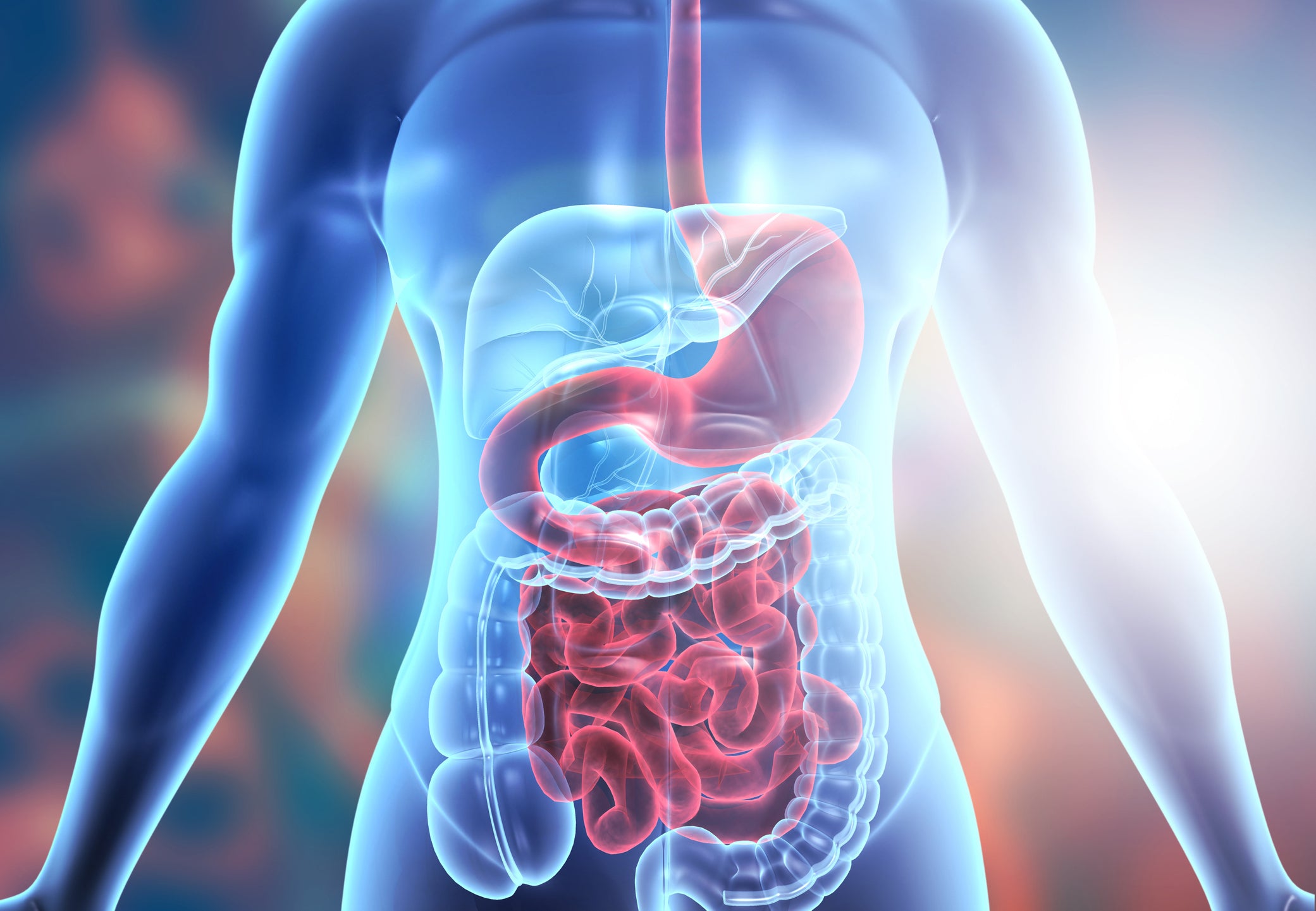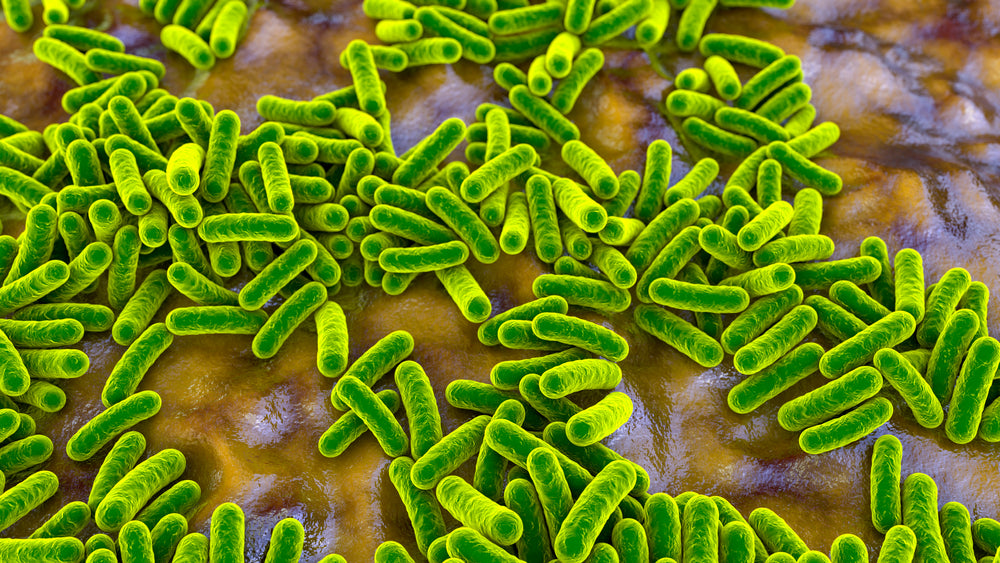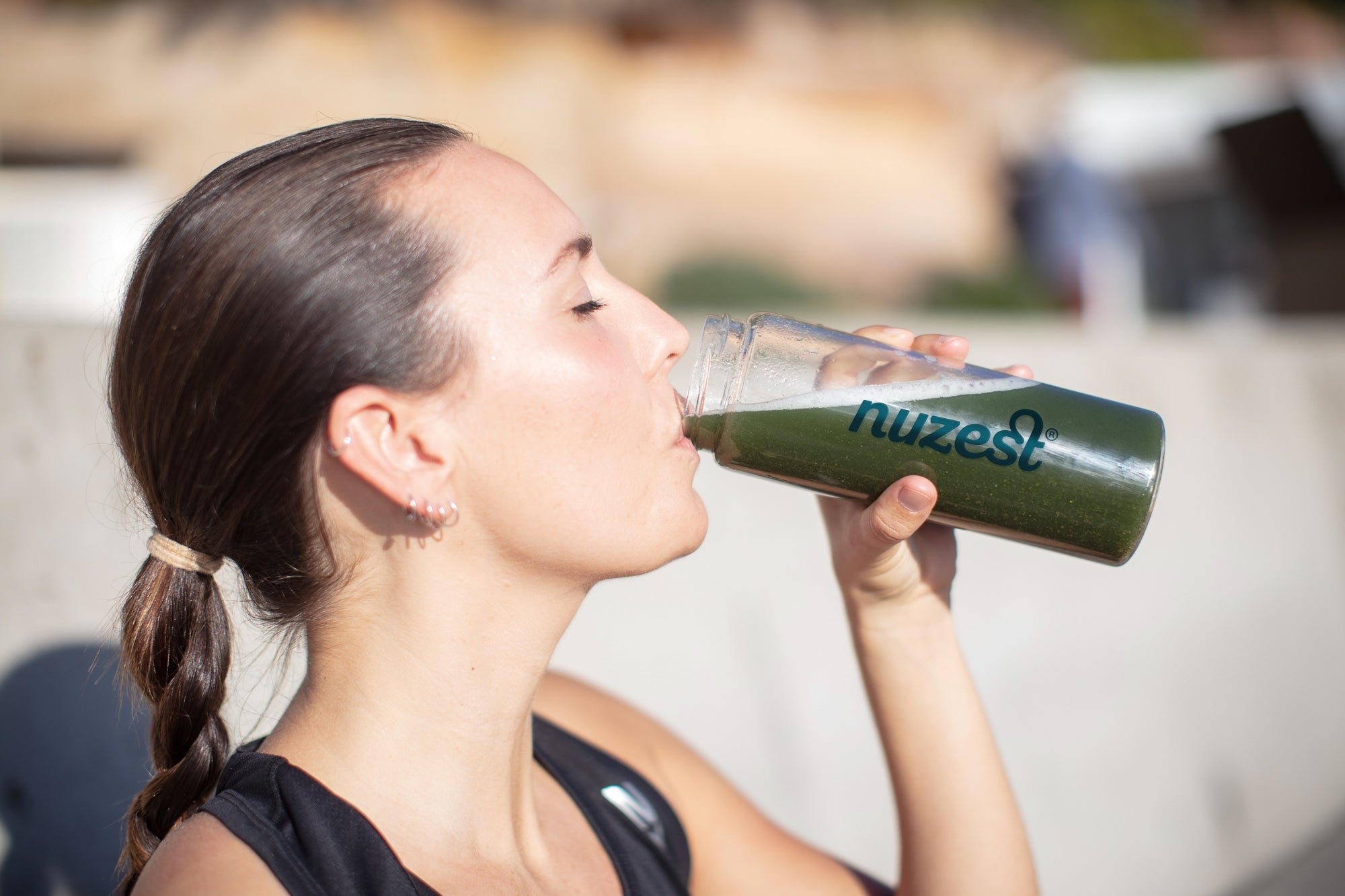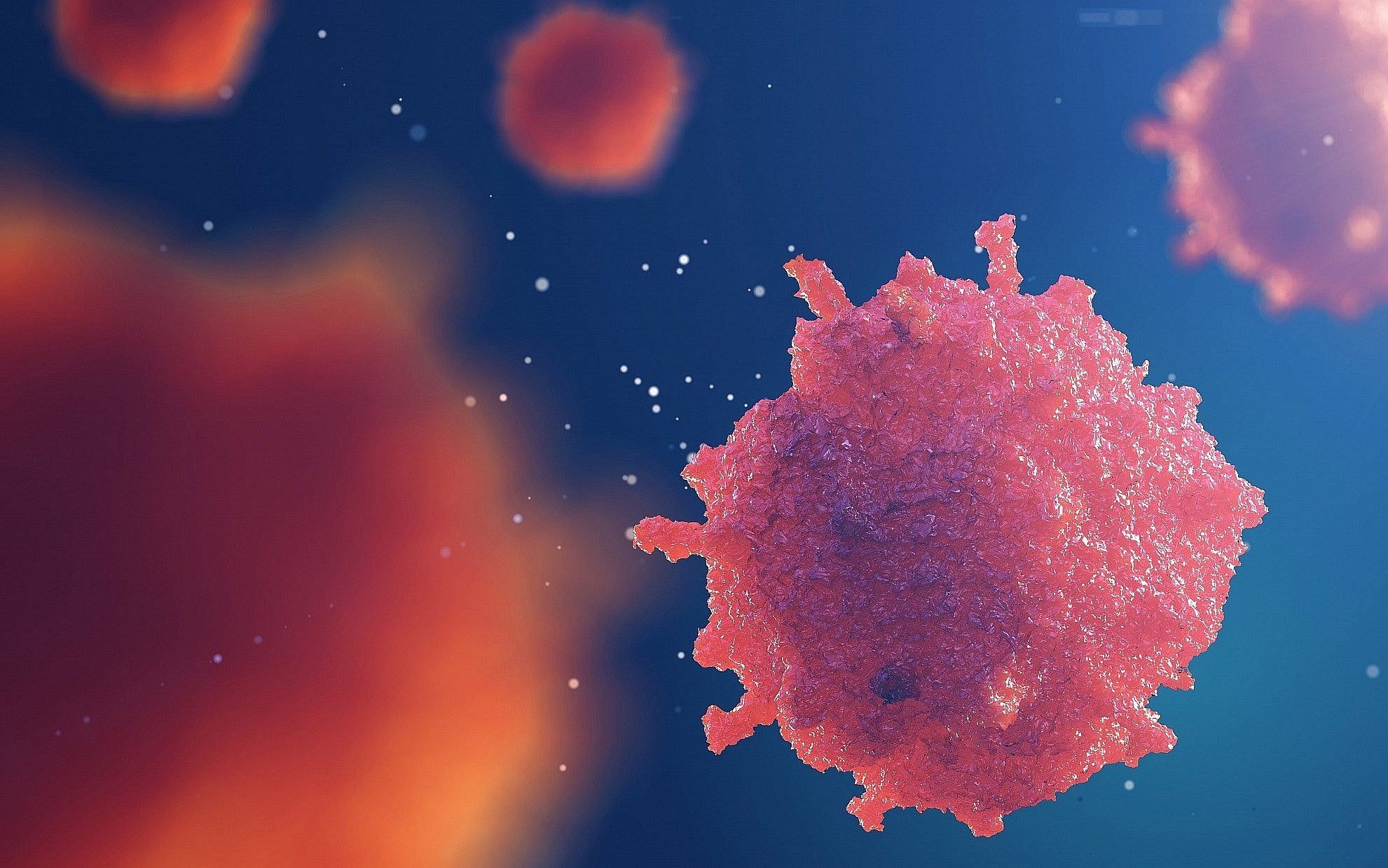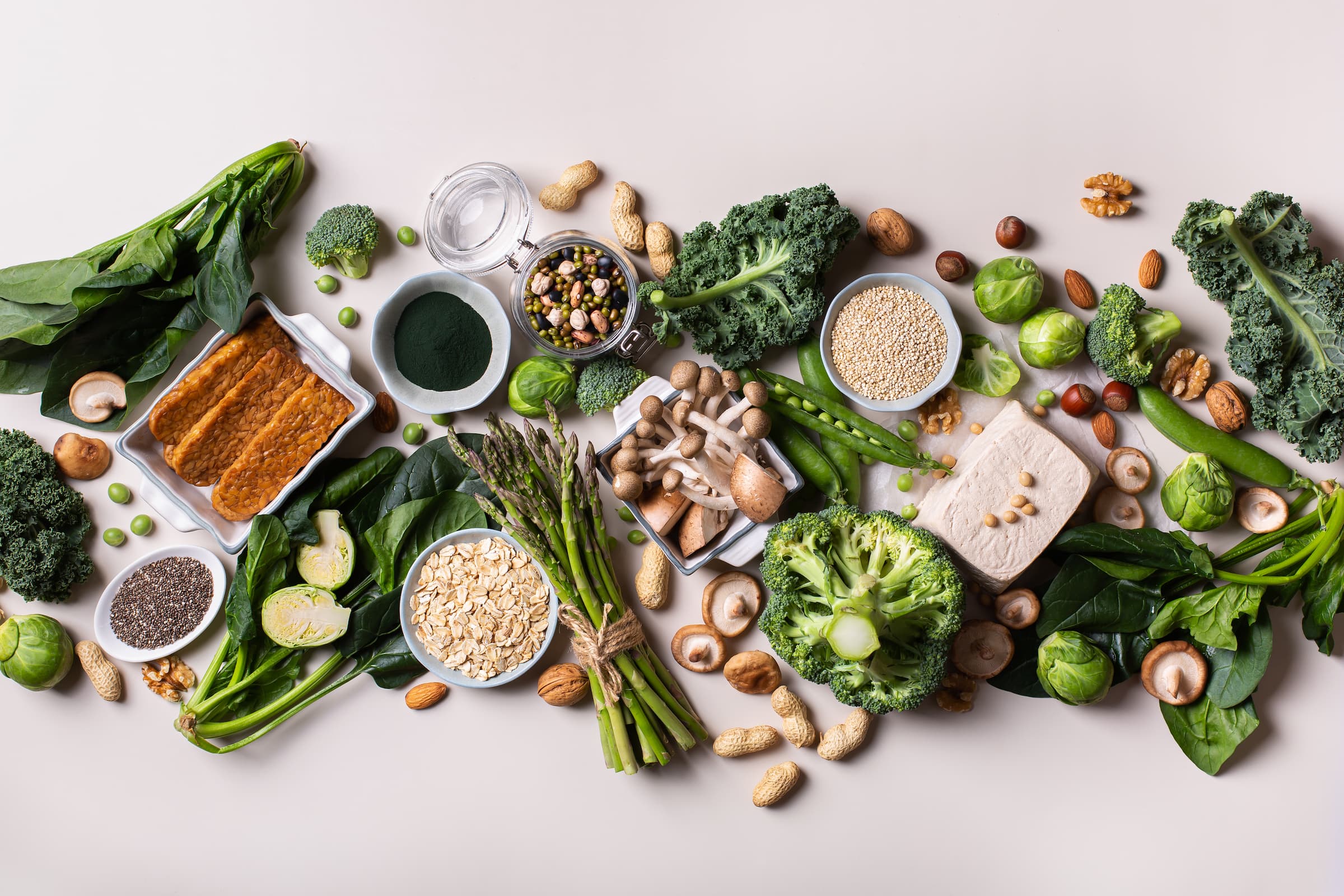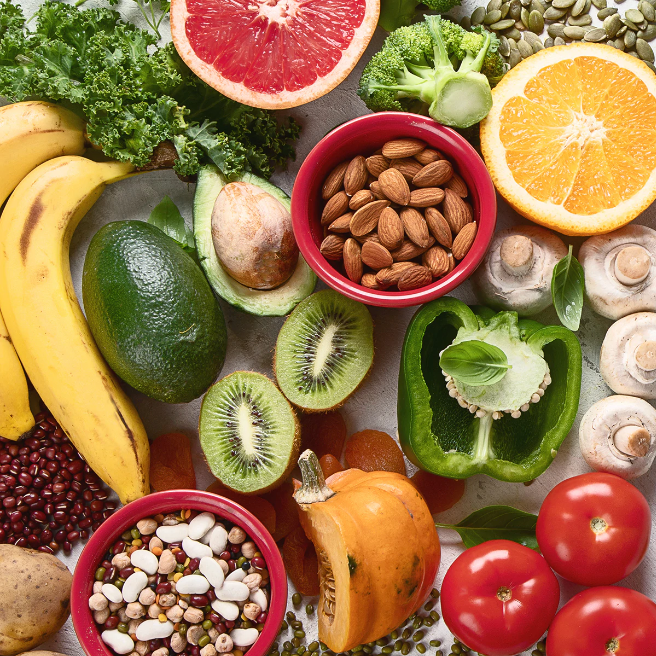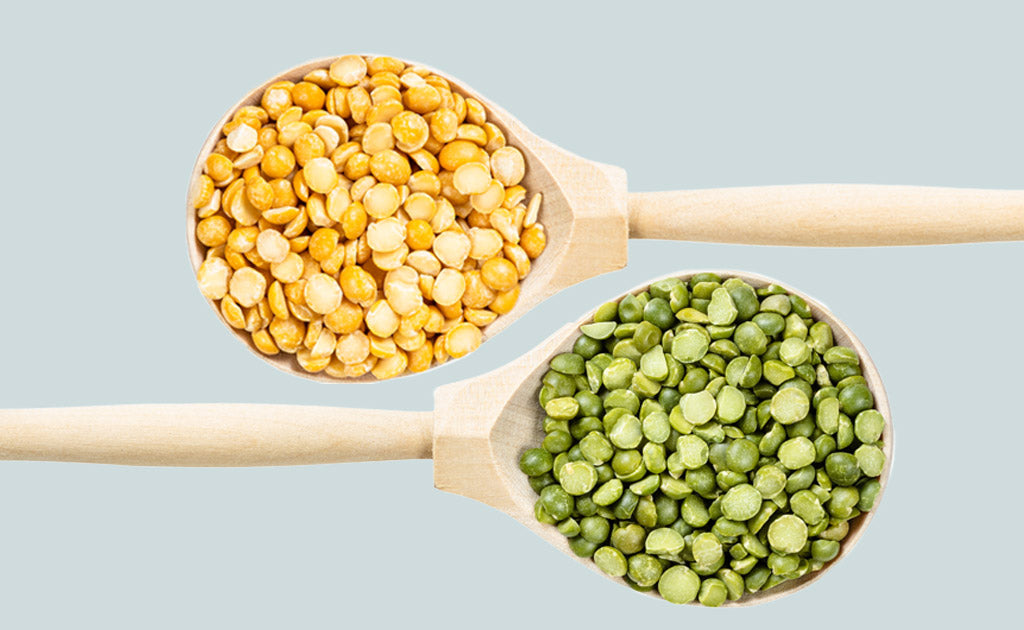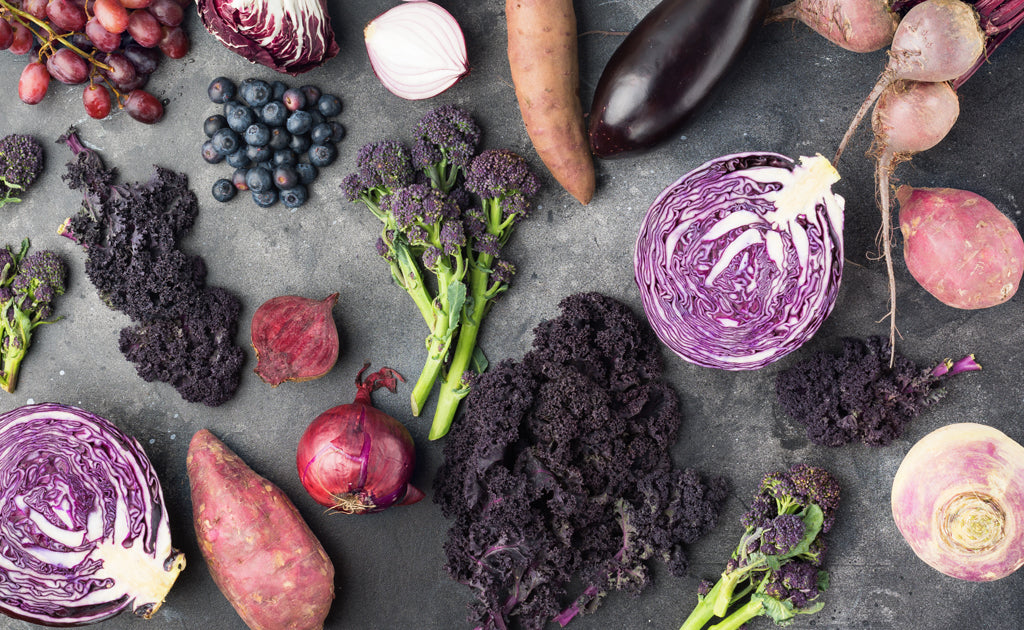Protein is the foundation of our diet. Protein is made up of strings of amino acids. These amino acids are the little guys that are the building blocks of nearly every cell and tissue in the human body, including muscles, organs, and many chemical messengers necessary for us to think, feel, and perform at our very best.
That’s why when I teach nutrition at the college level, I simplify protein's primary role down to one simple word: Structure. But there is some debate...and a lot of confusion about how much protein we really need. So, how much protein do we really need?
The Problem with RDAs
Overall, the Recommended Daily Allowances (RDAs) are quite consistent and are set at 0.8g per kilogram of body weight per day (or 0.36 g per lb.) which is around 70g per day for an average male and 60g per day for the average woman.
The problem with RDA amounts is that they are the amount necessary to meet the requirements of nearly all (97.5 percent) of healthy individuals. In other words, they are enough to be okay...not awesome! It also means if you are outside the norm, by chance, by activity (i.e. you go to the gym, you’re dieting, or you’re more active than most) or you have a health condition, the RDA might not be right for you.
Why Should We Optimize Protein Intake?
Ensuring that you get the right amount of protein for your personal goals can support you in the following ways: think more clearly, promote improved performance, and muscle health.
Key Benefits of Optimal Protein Intake Aids in:
-
Leaner muscle
-
Bone health
-
Increased satiety
-
Cardiovascular health
Minimum Protein Requirements
The absolute minimum requirement for a sedentary child, teen, or adult is around the RDA of 0.36g per lb. of bodyweight per day. But if you are older, active, or dieting, this amount is unlikely to be optimal.
Stu Phillips, one of the leading protein researchers in the world, has published extensively and states that, “Current evidence indicates intakes in the range of at least 1.2 to 1.6g per kg per day of high-quality protein [at least 0.5g per lb] is a more ideal target for achieving optimal health outcomes in adults.”1

Protein Requirements as we Age
Increasing our protein intake over RDA levels is especially important as we age. Age-related muscle loss is common and is a contributing factor to falls and bone and joint injury, and muscle loss increases our risk of metabolic disorders including diabetes. In older adults, high-protein nutritional supplements are associated with lower hospital admissions and fewer health complications.2
Higher protein diets might also be good for our cardiometabolic health. Increased dietary protein has a small, beneficial effect on blood pressure, reduces triglycerides (one of the most important markers of poor cardiovascular and metabolic health), and reduces body fat stores.3, 4
Recommended Protein Intake for those over Age 40:
At least 0.5 g per lb. per day5
Protein Requirements when Dieting
For those dieting, or even those who habitually under-eat, an increased protein intake of at least 0.8g per lb. of body weight is likely to help offset muscle loss, and thus improve body composition (muscle to fat ratio).6
This level of protein is almost 2 x the recommended daily allowance!
Recommended Protein Intake for Retention of Muscle when Dieting or Calorie Restricted:
At least 0.8g per lb. per day
Protein Requirements for Sports and Active People
For those training for sports or just active individuals who frequent a gym, and weekend warriors, increased protein can reduce muscle soreness,7 increase lean muscle and help to improve strength and power.8
Recommended protein intake for active people:
At least 0.6g per lb. per day9
Protein Requirements During Pregnancy and Breastfeeding
Protein is essential to support the health of both mom and the growing baby. But it shouldn’t be so high that it crowds out healthy fats and carbohydrates. It has been determined that protein utilization is maximized, with no ill-effects at around 0.8 – 1.6g per kg per day.
Recommended protein intake during pregnancy and breastfeeding:
At least 0.5g per lb. per day10
How to Ensure You’re Getting Enough Protein
For most people, an average of at least 0.6g of protein per lb. of bodyweight per day is sufficient to meet a range of health and performance outcomes.
This equates to at least 120g of protein per day for an average male and at least 100g for an average woman. If we assume four meals per day (three meals and a snack), this is 25-30g per meal (man and woman respectively). In whatever way you consume protein, you can ensure that you get enough protein to meet your dietary needs by spacing out protein throughout your day and with every meal.

References
-
Phillips SM, Chevalier S, Leidy HJ. Protein “requirements” beyond the RDA: implications for optimizing health. Applied Physiology, Nutrition, and Metabolism. 2016;41(5):565-72. https://www.nuzest-usa.com/protein-much-really-need.
-
Cawood AL, Elia M, Stratton RJ. Systematic review and meta-analysis of the effects of high protein oral nutritional supplements. Ageing Research Reviews. 2012;11(2):278-96. https://www.ncbi.nlm.nih.gov/pubmed/22212388.
-
Altorf – van der Kuil W, Engberink MF, Brink EJ, van Baak MA, Bakker SJL, Navis G, et al. Dietary Protein and Blood Pressure: A Systematic Review. PloS one. 2010;5(8):e12102. https://journals.plos.org/plosone/article?id=10.1371/journal.pone.0012102.
-
Santesso N, Akl EA, Bianchi M, Mente A, Mustafa R, Heels-Ansdell D, et al. Effects of higher- versus lower-protein diets on health outcomes: a systematic review and meta-analysis. Eur J Clin Nutr. 2012;66(7):780-8. https://www.ncbi.nlm.nih.gov/pubmed/22510792.
-
Bauer J, Biolo G, Cederholm T, Cesari M, Cruz-Jentoft AJ, Morley JE, et al. Evidence-Based Recommendations for Optimal Dietary Protein Intake in Older People: A Position Paper From the PROT-AGE Study Group. Journal of the American Medical Directors Association.14(8):542-59. https://www.ncbi.nlm.nih.gov/pubmed/23867520.
-
Helms ER, Zinn C, Rowlands DS, Brown SR. A Systematic Review of Dietary Protein during Caloric Restriction in Resistance Trained Lean Athletes: A Case for Higher Intakes. International Journal of Sport Nutrition and Exercise Metabolism. 2014;24(2):127-38. https://www.ncbi.nlm.nih.gov/pubmed/24092765.
-
Pasiakos SM, Lieberman HR, McLellan TM. Effects of Protein Supplements on Muscle Damage, Soreness and Recovery of Muscle Function and Physical Performance: A Systematic Review. Sports Medicine. 2014;44(5):655-70. https://www.ncbi.nlm.nih.gov/pubmed/24435468.
-
Pasiakos SM, McLellan TM, Lieberman HR. The Effects of Protein Supplements on Muscle Mass, Strength, and Aerobic and Anaerobic Power in Healthy Adults: A Systematic Review. Sports Medicine. 2015;45(1):111-31. https://www.ncbi.nlm.nih.gov/pubmed/25169440.
-
Campbell B, Kreider RB, Ziegenfuss T, La Bounty P, Roberts M, Burke D, et al. International society of sports nutrition position stand: protein and exercise. J Int Soc Sports Nutr. 2007;4:8. https://jissn.biomedcentral.com/articles/10.1186/s12970-017-0177-8.
-
Stephens TV, Payne M, Ball RO, Pencharz PB, Elango R. Protein requirements of healthy pregnant women during early and late gestation are higher than current recommendations. J Nutr. 2015;145(1):73-8. https://www.ncbi.nlm.nih.gov/pubmed/25527661.









